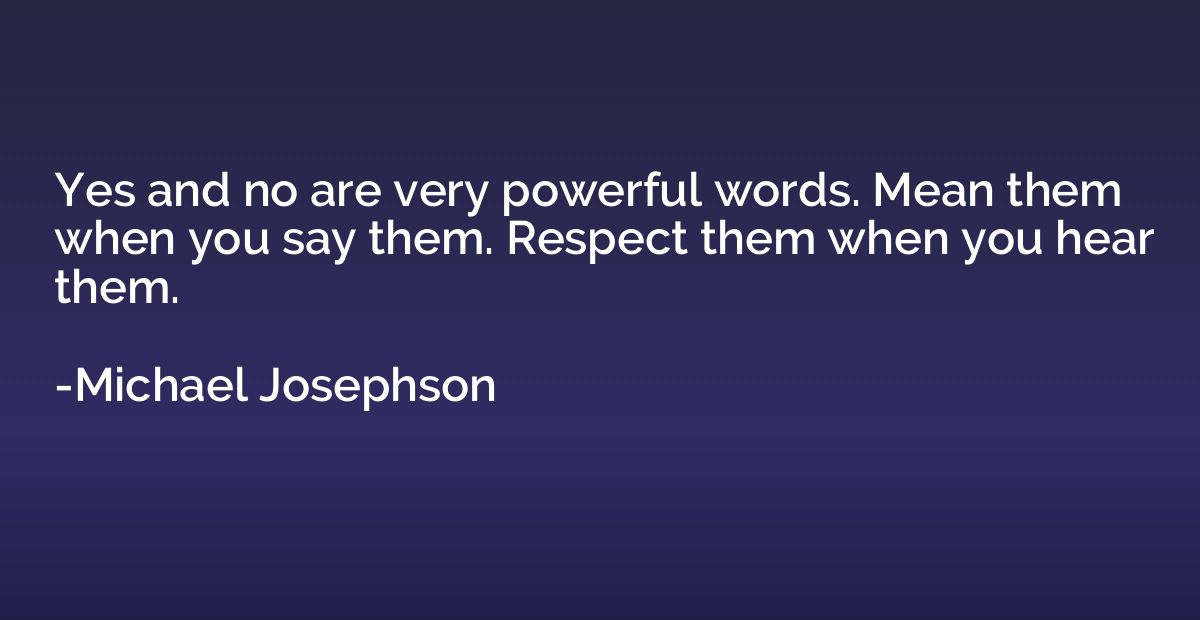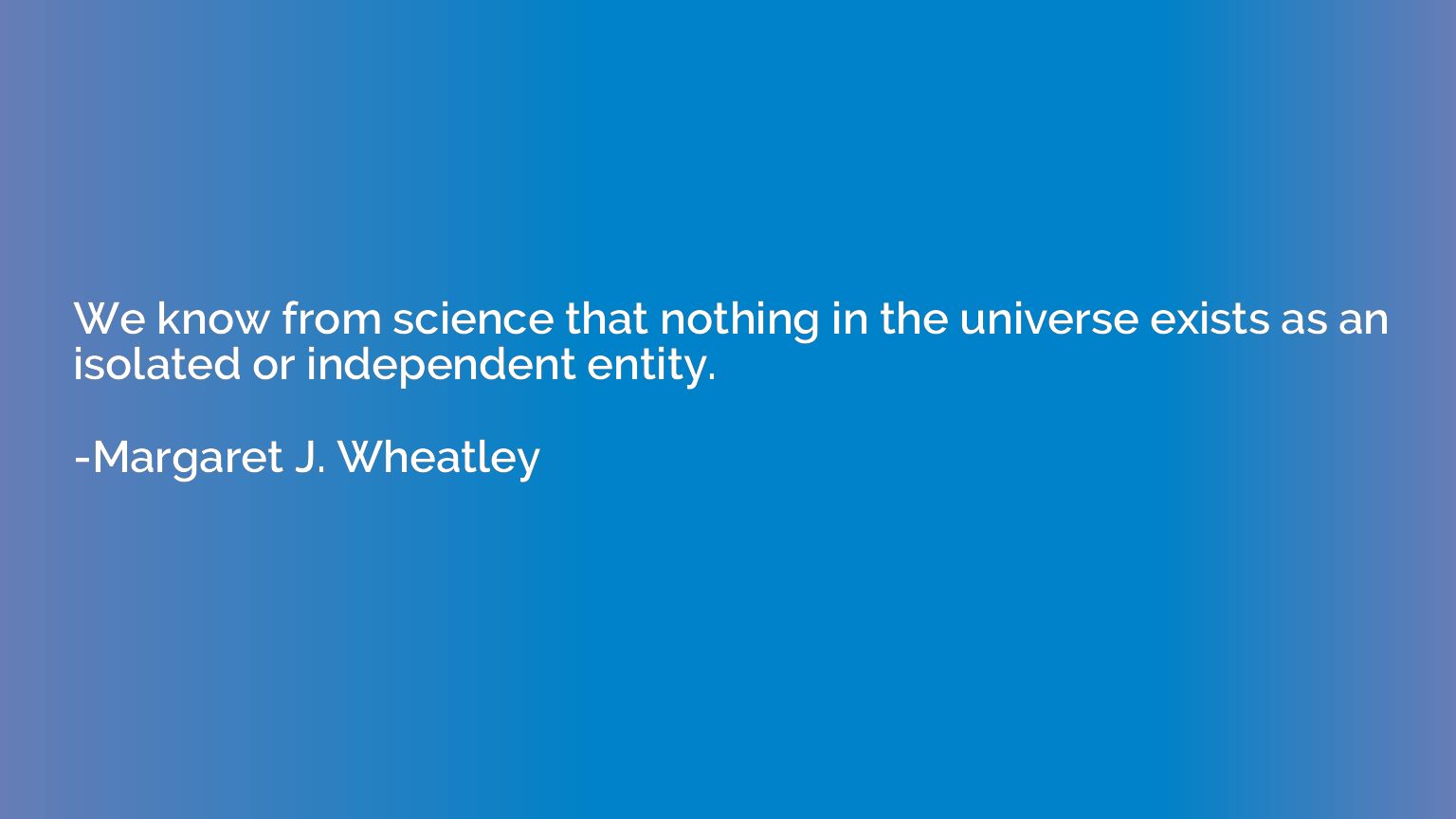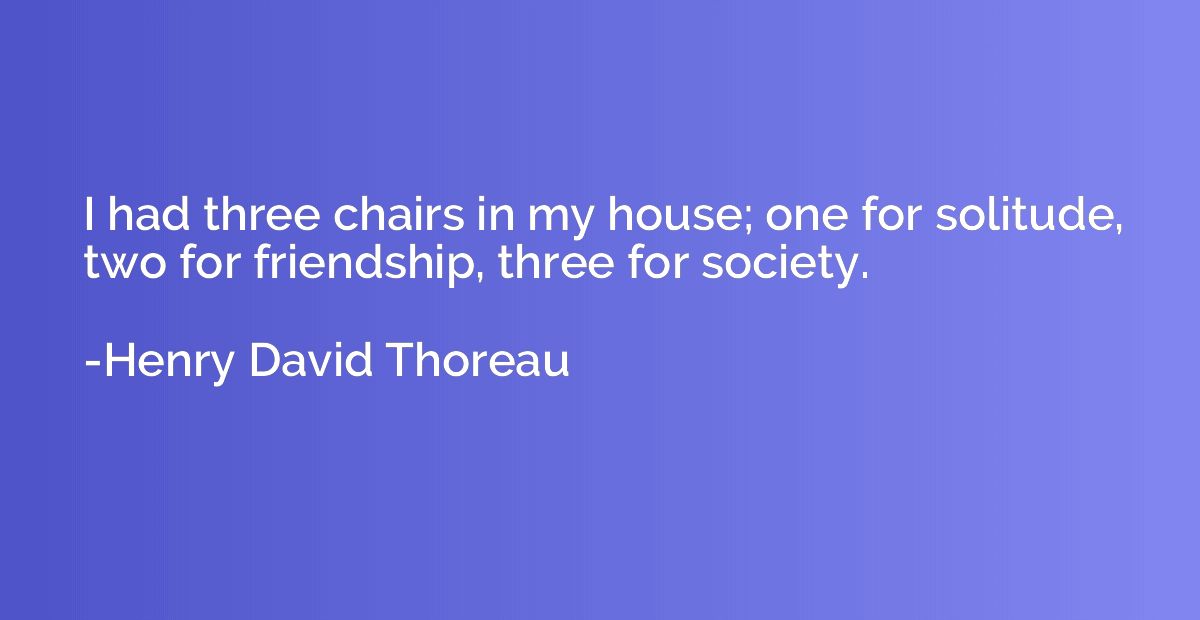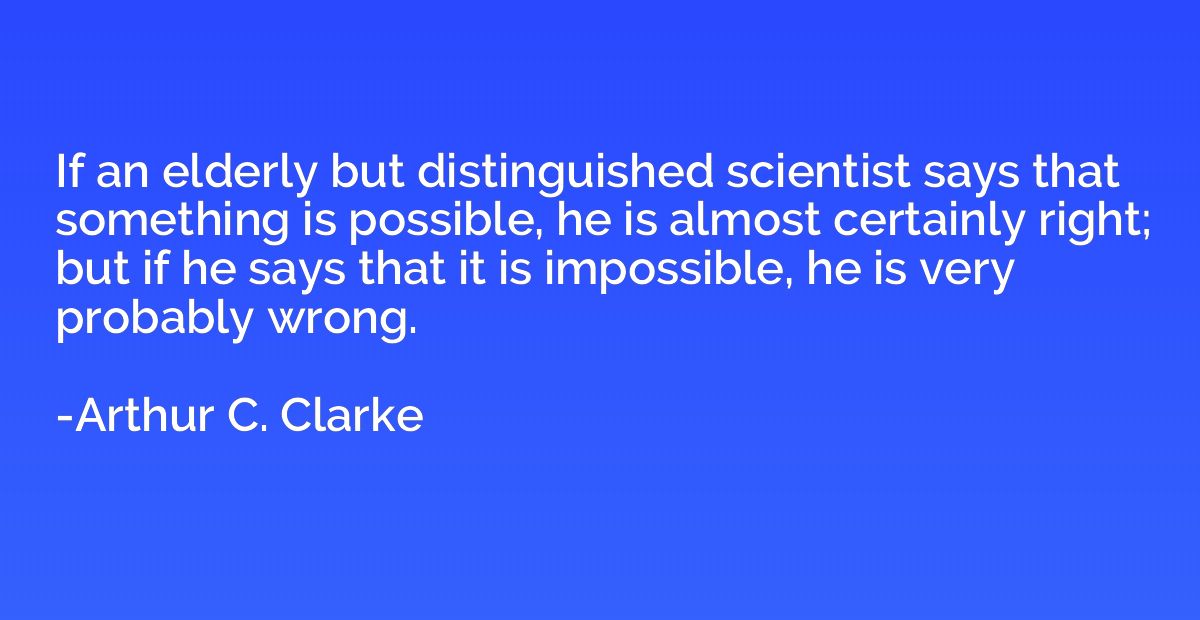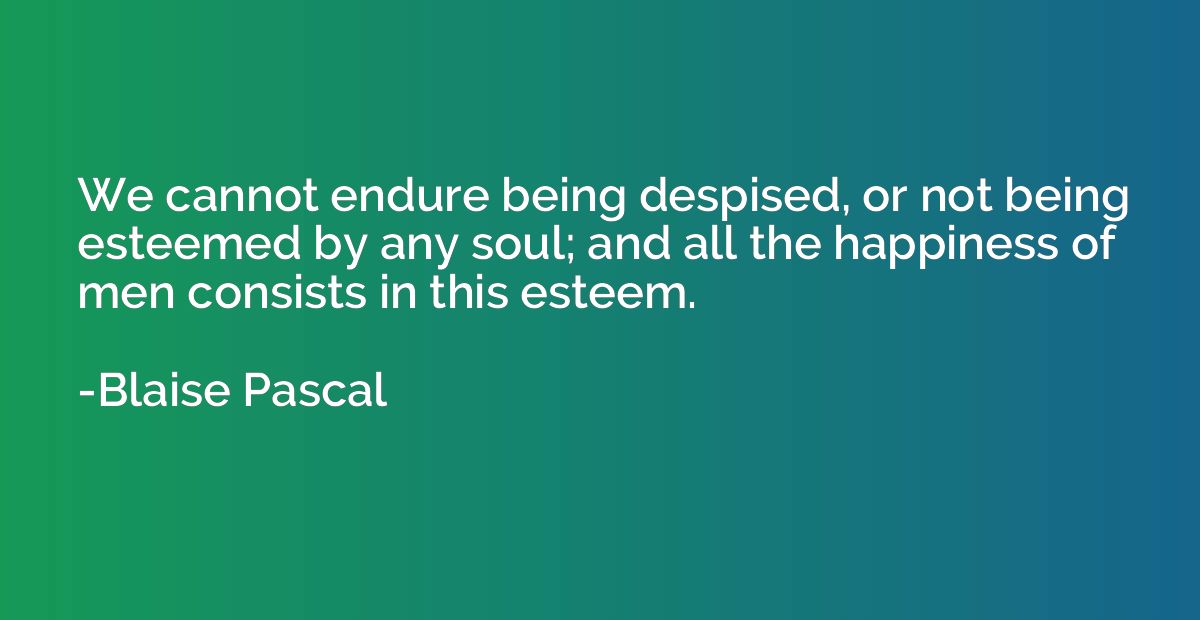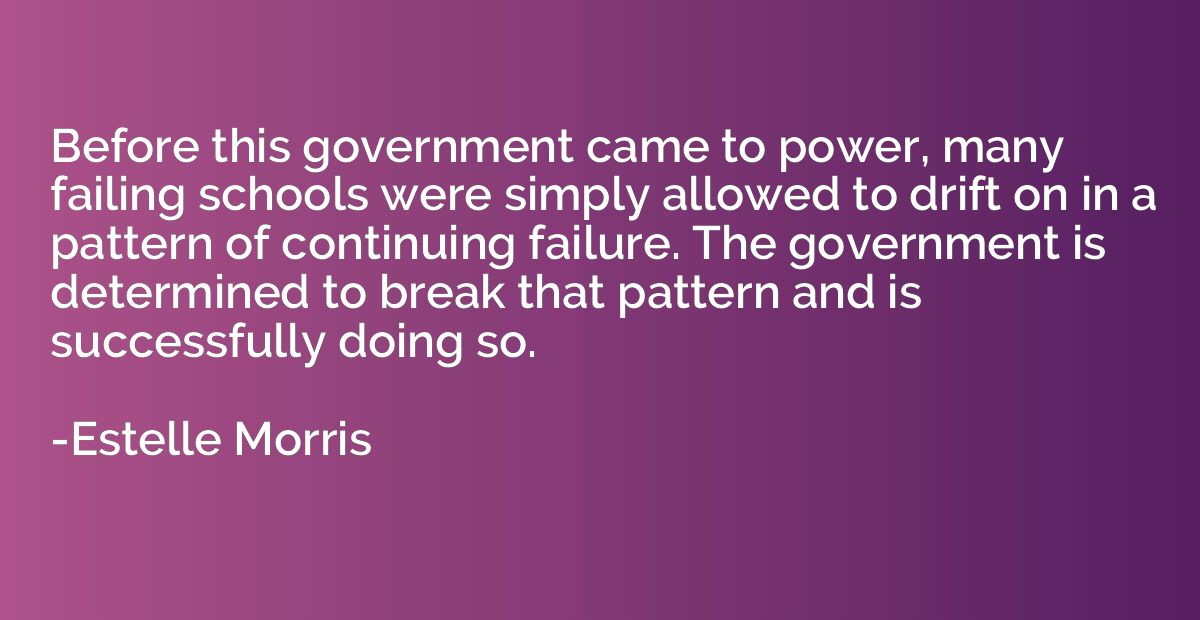Quote by Billy Graham
I think we've taken the meaning of Christmas out. People don't stop and think about Jesus or the birth of Jesus. When they think of Christmas, they think of Santa Claus and - for the children, and they think of giving gifts and out-giving the next person of spending their time looking for the right thing for somebody who has everything.
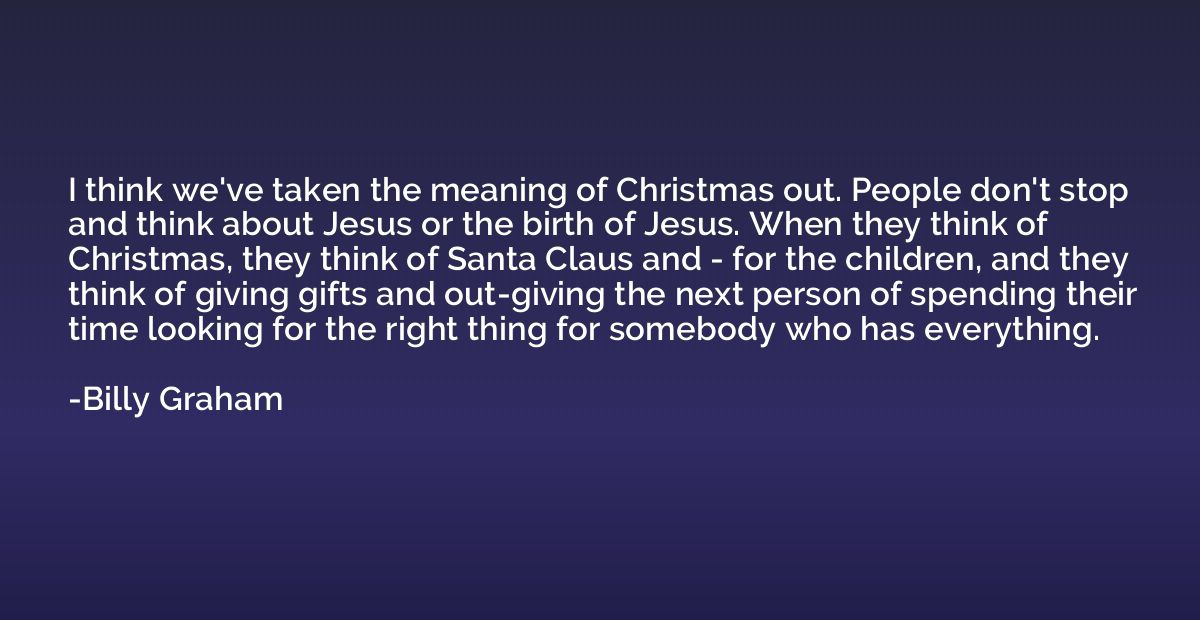
Summary
This quote highlights a concern about the commercialization of Christmas and how it has shifted the focus away from the religious significance of Jesus' birth. The speaker suggests that people often associate Christmas with Santa Claus, gift-giving, and materialism, rather than reflecting on the true reason for the holiday. The quote encourages individuals to pause and contemplate the meaning of Christmas beyond materialistic aspects and to reconnect with the spiritual and religious aspects of the celebration.
By Billy Graham



